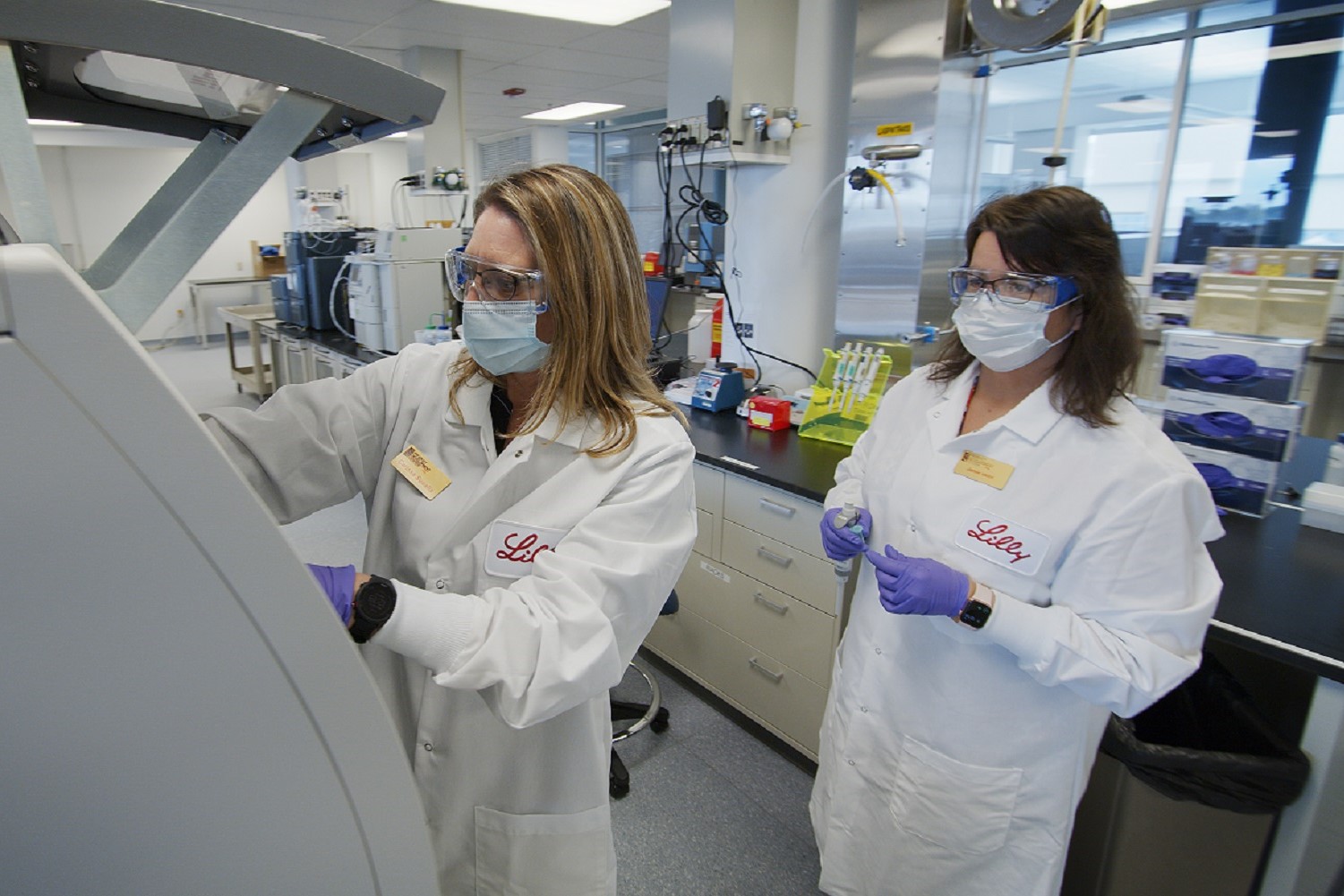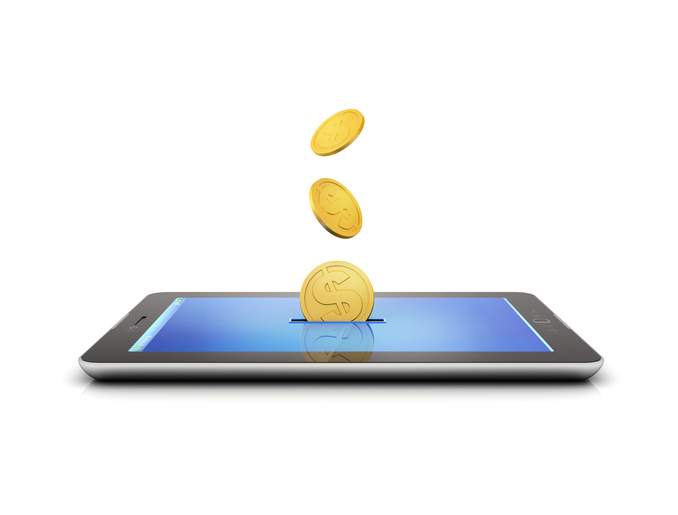By Arthur Bookstein
So, you have an idea for an invention? Maybe you have made a prototype. You think it may have commercial possibilities. You know you should protect yourself and that probably will involve trying to patent the invention. Although you have the right to write and prosecute your patent application yourself, you recognize that might be better handled by an experienced patent lawyer. But how do you make that choice and how can you determine if it has been a correct one?
First, it is important to understand just what it is that a patent attorney does that can help you achieve your goals. Among the principal functions of the attorney is to answer a deceptively simple question: “What is the invention?” The answer to that question may take the form of: “Why, you invented the world’s first ___________________.” You should be looking to your attorney to fill in the blank. He will do so by considering a number of factors, then describing and defining your invention to distinguish it over the prior art and to craft your patent application to obtain the best scope of protection to which you are entitled.

With the Rise of AI, What IP Disputes in Healthcare Are Likely to Emerge?
Munck Wilson Mandala Partner Greg Howison shared his perspective on some of the legal ramifications around AI, IP, connected devices and the data they generate, in response to emailed questions.
Among the more important of those factors are the state of the prior art and the level of skill that exists in the relevant technology. Your attorney should muster as much information as practical regarding the prior art and how your invention differs. That should include information obtained from you as well as from searches conducted for that purpose.
Assuming the attorney demonstrated a familiarity and comfort level with the technology of your invention and has a solid understanding of your invention and of the prior art that has been located, he should be ready to prepare the patent application. Of the characteristics and qualities that should be considered when selecting a patent attorney, experience probably is among the most important. Several types of experiences develop skills useful in drafting patent applications:
- History of drafting & prosecuting applications
- Experience with patents after they are issued
- Business experience
Of course, a solid history of having drafted and prosecuted patent applications is essential. The attorney must be registered to practice at the U. S. Patent & Trademark Office (USPTO). Attorneys with lower registration numbers will tend to have greater experience than those with higher numbers. You might ask to see representative patents that he prepared and prosecuted. You can delve further into the PAIR database of the USPTO (www.uspto.gov) to look into the details of how the attorney argued for patentability and whether filings were timely or required additional PTO fees to extend time deadlines. You might inquire if the attorney has argued at the USPTO Board of Patent Appeals and Interferences and, if so, how often.
Experience with patents after they are issued, as in patent infringement or licensing litigation in the courts, or post-issuance contentious procedures in the USPTO, are valuable experiences that help inform the patent application drafter as to the kinds of problems that might occur down the road. Such “at war” experiences provide the patent drafter with insights that may avoid such problems and might not be found in one without that experience. It probably will enable the attorney to provide better-informed guidance in patent strategies and competitive situations.
Business experience also is helpful in understanding the context of the invention and its role in the business plan to develop and commercialize the invention. Obtaining patents is only part of the overall business plan. Does the attorney inquire about the marketing aspects and competitors of the business? After all, the value of patents is in the marketplace where the power of the patent grant can be enforced. Business experience, particularly as it relates to a company’s intellectual property is a valuable attorney asset that should be available to you as a client as well as being useful in preparation of patent applications.
In addition to experience, you may be able to discern the best fit for a patent attorney by the kinds of questions he asks of you. For example, does he inquire about the details of how the invention came to be made? People involved? Whether the invention has been disclosed to others and under what circumstances? Your prior employment and whether there are any obligations to others causing potential encumbrances to ownership? Does he ask questions that help stimulate you to further develop your invention?
You should also inquire about costs and fees as well as who will be doing the actual work. Assuming you have found a lawyer with whom you are satisfied, you might want to make sure he, not a junior attorney, will be doing the work unless, of course you have satisfied yourself that the particular junior is up to the job. In any case, matters such as fees, staffing and other details of the relationship should be set out in an engagement letter at the outset.
Finally, you should understand that all registered patent attorneys have passed a rigorous exam to be able to practice at the USPTO, in addition to having passed a state bar exam. Information on registered patent attorneys as well patents in general may be found on the USPTO website (www.uspto.com).
Finally, recognize that effective preparation and prosecution of of an invention involves nuanced creativity in defining the patentable aspects of the invention to protect its commercial value, not only in the initial drafting and prosecution at the USPTO but also after the patent issues. Every patent attorney has his own style and experience, so choose the right fit for you and your invention.
Healing Innovation is a resource for clinician innovators. The main site - HealingInnovation.com - provides an overview of the various aspects and issues facing clinician innovators.














